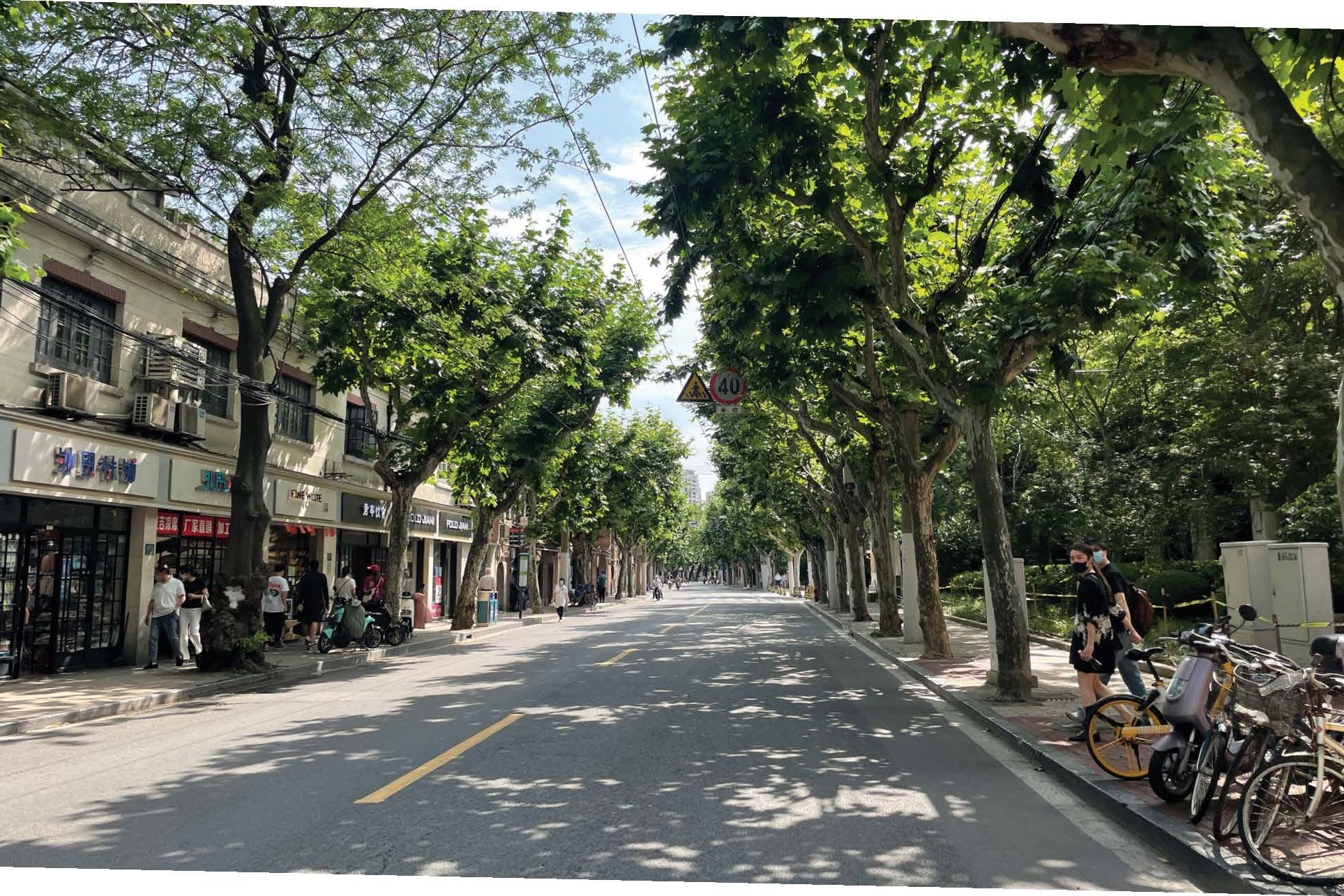A global lesson
Hunter McGregor describes how the people of Shanghai coped during the recent Covid-19 lockdowns.

Hunter McGregor describes how the people of Shanghai coped during the recent Covid-19 lockdowns.
Living in the middle of the modern city of Shanghai is very convenient. Within a 10-minute walk from my place, I have at least six different supermarkets (some deliver within 30 minutes of ordering), a couple of different wet markets and plenty of 24-hour convenience shops.
Adding to that there are cheap and very convenient restaurant delivery (usually no extra fees compared to dine in) and an advanced e-commerce system.
The rest of the world is now coping with what has been happening in China with e-commerce and deliveries for a while now. Worrying about our food supply was not something I thought possible.
Covid still has a major impact in China with the continuing focus on maintaining a zero Covid policy. Without a policy change, there will be smaller lockdowns around Shanghai and the rest of China to maintain zero Covid.
The biggest challenge of our April and May lockdown in our apartment building was food. In some parts of the city, people completely ran out. Luckily we had a backup plan of freezers full of high-quality New Zealand venison.
By the middle of March, the mood in Shanghai changed. For the first time since the start of the pandemic in early 2020, all Shanghai schools closed and classes went online. We still have no idea when students will return to classes.
For the first time in my 15 years of living in China, some items were not available in supermarkets. There was some panic buying and mainly focused on meat, dairy, vegetables, fruits, grains and oils. Toilet paper was always in plentiful supply! By mid-March, logistics became a challenge and some food processing factories were not operating as normal.
By April 1, 26 million people in Shanghai were locked down. It meant everything was closed, including all shops and restaurants, and all online sales, deliveries and couriers stopped. This was a major problem for many, as a lot of people do not even cook at home. Eating out is cheap in China, so there is no need to keep much food at home.
A lot of people ran short of food very quickly. Luckily my family was not one of these but it was what most people faced, and initially it was local communities that stepped up. Neighbours quickly formed online WeChat (China’s equivalent of WhatsApp/Facebook) groups for their apartment buildings and compounds to communicate with each other.
People began to share or offer food to members of their community. Others began to organise food deliveries from larger distributors who had trucks that could still deliver. They could get the correct passes/licences to get around the city.
Large orders via group buying were the only way to get food. While a very inefficient way to buy and deliver food, people made it work. Also, everyone supported older and more vulnerable members of their local communities.
We would often buy an extra pack of the group buy deal that was being delivered to be given to older people within our building. It was only for a week or two in early April when we really worried about our food supply. Over time the food delivery situation improved.
Also over time, the local government stepped up to provide food packages. Some areas of the city had plenty of food delivered by the government, while others had very little. In my area we had a few deliveries throughout our nine-week lock-down, which was very much appreciated, but nowhere near enough to sustain our family.
With the full city-wide lockdown lifted by June 1 (64 days of full lockdown for my family) food supplies are nearly back to normal. It has been a massive relief to get out and about but we have a long way to go before Shanghai returns to a new normal.
While sitting at home in early April worrying about our food supply, I spent a lot of time thinking about the challenges millions of people around the world are going to face because of the ongoing conflict in Europe. We faced mainly logistics issues as the food could not be delivered but it would have been a different story if there was no food available to deliver.
With a population of 1.4 billion, China has several strategic food reserves to manage food supply and at times pricing. The actual volume of China’s strategic pork reserves, for example, is a closely guarded secret but they do exist. Over the past few years, the government has released pork from time to time to maintain stable pricing and supply because of African swine fever. According to Xinhua (Chinese state media) in April 2021, China’s grain reserves have a storage capacity of more than 650 million tonnes.
The few days we worried about our food supply, pales in comparison compared to many around the world.
With a changing world maybe NZ might need to look at some sort of strategic protein reserves. Supplying high-quality milk and meat to support the most vulnerable members of the community might be a better use of government money than some present spending.
- Hunter McGregor is a Chinese-speaking Kiwi based in Shanghai selling NZ meat into China.




